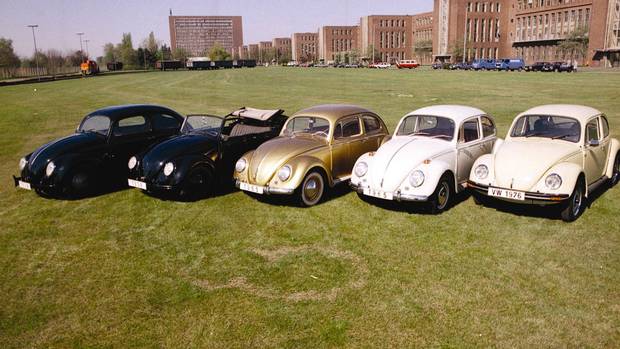Posted on 3/24/2017

A recent survey conducted by the Car Care Council found that drivers tend to stall when it comes to regular vehicle maintenance. Listen, we realize nobody wants to pay for costly auto repairs; however, regular maintenance is the key to keeping vehicles running well today and down the road. Their study indicated the following results: 25%of cars had low or dirty engine oil. 13%had low or contaminated brake fluid. 18%had dirty air filters. 17%had inadequate cooling protection or low coolant levels. 16% needed new windshield wiper and 27%had low or contaminated washer fluid. 18%needed new belts Overall, 89% of vehicles were in need of at least one service or repair. Regular service schedules can keep your car running at its best. We suggest you check out their website for a detailed Service Interval Schedule
Posted on 3/3/2017

How Ironic. Today is “National Day of Unplugging” and GM announces a new $20 monthly service plan that gives OnStar-equipped vehicles unlimited data. Interesting Car & Driver article if you choose to stay plugged in all the time. http://blog.caranddriver.com/for-20-per-month-people-can-watch-as-much-game-of-thrones-in-their-gm-cars-as-they-want/#more
Posted on 2/17/2017

First, we will have a little history lesson. The historical story of the VW Beetle dates back to 1930’s Germany. Adolf Hitler became chancellor of Germany in 1933 and announced he wanted to build new roads and affordable cars for the German people. At the time, Austrian-born engineer Ferdinand Porsche was already working on creating a small car. Hitler met with Porsche later, and the engineer was charged with designing the inexpensive, mass-produced Volkswagen, or “people’s car.” In 1938, work began on the Volkswagen factory, located in present-day Wolfsburg, Germany. Full-scale production of the beetle didn’t begin until after World War II. The Beetle Arrives in the United States The 1950’s… the Volkswagen arrived in the U.S. Initial reception wasn’t so good, due in part to the car’s historic Nazi connection as well as its small size and unusual rounded shape (which, in fact, is how it later led to being dubbed the “Beetle&r ... read more
Posted on 2/13/2017
We all get into our comfortable every day routine, and go about our business. We jump in our car’s, start them, and take off to tend to life’s daily tasks without even a thought. What we don’t often think about is the health of our car until we hear a strange noise, false odor, or it just won’t start for us. Regular vehicle maintenance is so important not only for the health and welfare of your car, but you and your family’s safety. Let’s talk about how to know when you need new brakes. Look and Listen There are 2 ways to check for brake wear on disc brakes: by looking and by listening. First, check for wear by looking at your brake pads through the spaces between the wheel’s spokes. The outside pad will be pressed against a metal rotor. Generally, there should be at least 1/4 inch of pad. If you see less than 1/4 inch of pad, you may want to have your brake pads inspected or replaced. Hearing a high-pitched screeching sound wh ... read more
Posted on 2/6/2017

Timing Belt. Ever heard of it? It’s a very important belt under the hood of your vehicle that helps keep the internal parts of your motor in alignment, and if it breaks, you’re going nowhere fast. Unfortunately there is no warning sign that your timing belt is going bad. The only way to know if you’re in need of replacement is to have it checked regularly by a professional mechanic. This is important because should it break, it can cause additional detrimental damage to the engine, resulting in a very costly repair. Another reason why regular maintenance on your car is so important